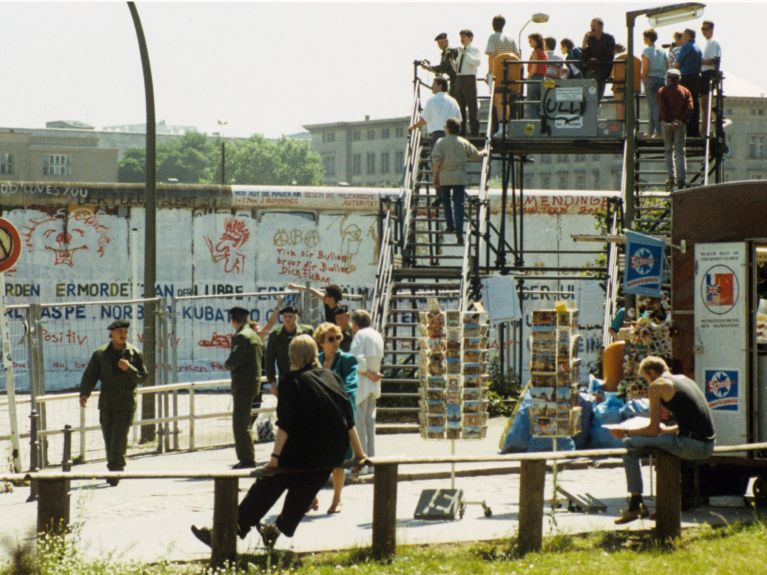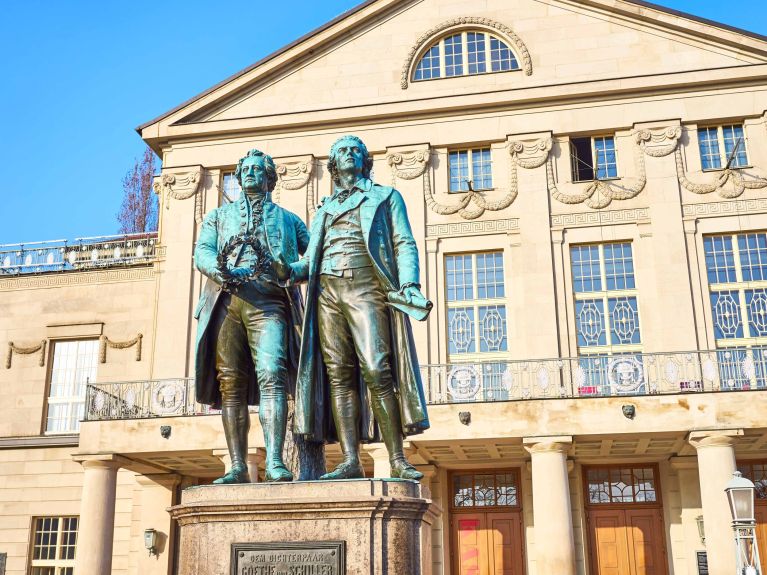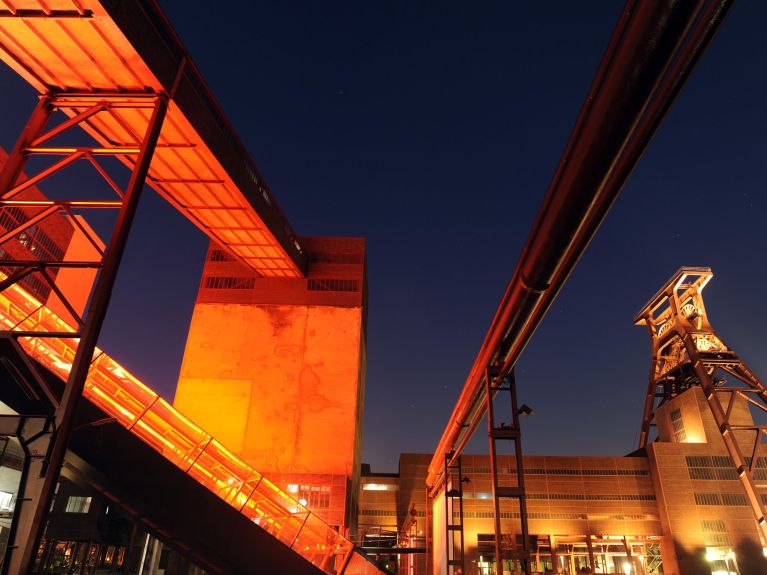Germany’s European Capitals of Culture
Chemnitz is the fourth German city to be crowned a European Capital of Culture. Berlin, Weimar and Essen showed off their cultural diversity.

Berlin (1988): Art in a divided city
In 1988 West Berlin became the first German city to be named European Capital of Culture. In those days, Berlin was still a divided city, so it used the year to underline its role as a key centre of European art and culture. Among the highlights of the programme, which included international exhibitions and concerts, was the dialogue between Eastern and Western Europe Concerts given by celebrated orchestras and theatrical productions underlined Berlin’s status as a creative centre.
Weimar (1999): classical and modern culture in focus

Weimar is known as the birthplace of German Classicism and is closely linked to figures such as Johann Wolfgang von Goethe and Friedrich Schiller. The high points of the city’s year as Capital of Culture in 1999 included celebrations to mark the 250th anniversary of Goethe’s birth, the 240th anniversary of Schiller’s birth and the 80th anniversary of the Weimar Constitution. Of particular note was the creation of the West Eastern Divan Orchestra a multicultural musical project which continues to this day. Thanks to the title Weimar was able to modernise numerous cultural institutions. Numerous sites and buildings were also added to the list of UNESCO World Heritage Sites.
Essen (2010): a region in transition

In 2010, Essen was named European Capital of Culture on behalf of the whole Ruhr region. The decision reflected the region’s transformation from a hub of industry to a cultural and creative landscape. Projects included the conversion of the Zollverein Coal Mine Industrial Complex into a centre for culture and art. The complex had been a UNESCO World Heritage Site since 2002. In addition to this, the RuhrKunstMuseen network was created to link the region’s many museums. Events such as “Ruhrschnellweg Still Life” which temporarily transformed a motorway into a cultural meeting place attracted great attention.


